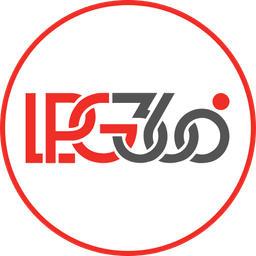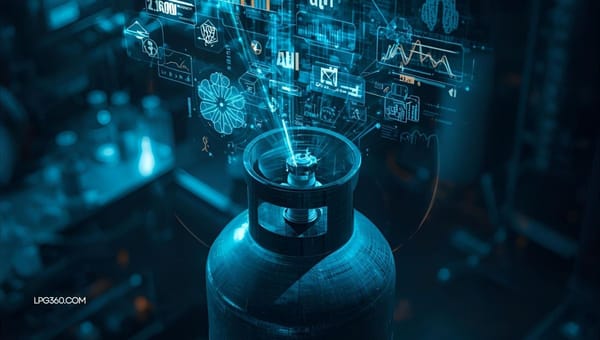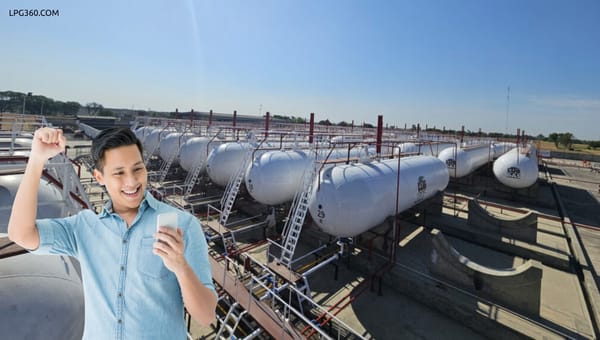Empowering Rural Communities with Clean Energy: The LPG Transformation in Kenya
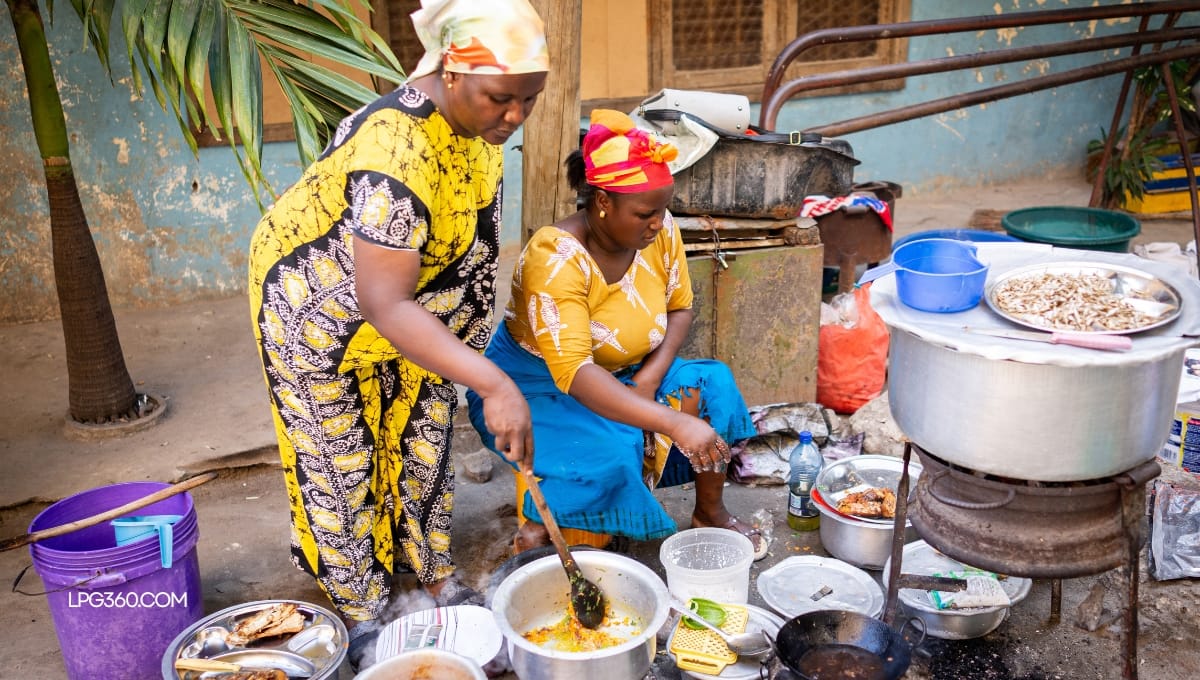
Clean energy access is transforming lives across developing regions. In Kenya, rural communities are leading the charge through widespread Liquefied Petroleum Gas (LPG) adoption. This shift has not only improved health outcomes but also sparked women’s empowerment and sustainable development.
In this blog, we will explore how the transition to LPG has positively impacted rural communities, empowering women, improving health, and promoting environmental sustainability.
A Clean Energy Success Story from Rural Kenya
In many Kenyan villages, cooking with firewood, charcoal, and biomass was a daily routine. These traditional fuels produced thick indoor smoke, causing respiratory illnesses, eye infections, and long-term health issues—especially for women and children. Hours were spent collecting firewood, reducing time for education and income-generating activities, while also contributing to deforestation and land degradation.
Barriers to Access and Awareness
Despite its benefits, LPG was scarcely used due to affordability issues and limited awareness. Many families could not bear the upfront costs of LPG stoves and cylinders. Moreover, knowledge of its health and environmental advantages was lacking. This energy gap reinforced poverty cycles, particularly affecting women’s economic participation.
The Solution
A women-led initiative—backed by local NGOs, government programs, and community leaders—stepped in to introduce LPG as a primary household fuel. Their multi-pronged strategy included:
- Awareness Campaigns: Educating families on the dangers of biomass and the benefits of LPG.
- Training Programs: Teaching safe usage, cylinder handling, and stove maintenance.
- Microfinancing Options: Making LPG equipment affordable through flexible payment plans.
- Local Distribution Networks: Employing women entrepreneurs to manage supply chains, ensuring availability and promoting employment.
The Impact
This initiative brought about profound changes in the region:
- Improved Health: Indoor air quality improved, drastically reducing respiratory and eye infections.
- Time Savings: Women saved hours daily, redirecting time to education, childcare, or small businesses.
- Economic Empowerment: Women emerged as distributors and technicians, gaining income and community respect.
- Environmental Benefits: Deforestation decreased as reliance on firewood dropped.
- Community Development: Healthier, more productive families contributed to stronger, more united villages.
Lessons Learned
A key takeaway from this transformation is that clean energy transitions work best when they are inclusive. When women are not only recipients but also leaders, educators, and entrepreneurs, the entire community benefits. The success was also driven by local engagement, targeted financing, and strong institutional support.
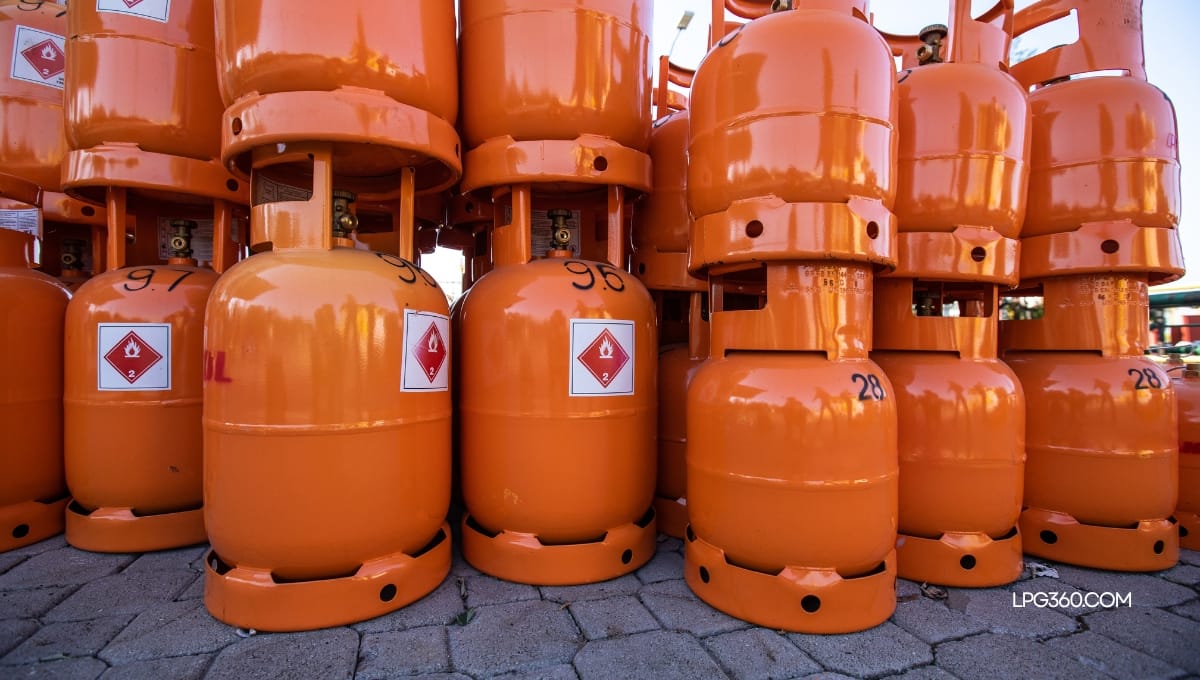
Conclusion
The LPG adoption journey in rural Kenya is a compelling example of how clean energy access can trigger wide-ranging benefits. When communities—especially women—are empowered, they become catalysts for lasting progress. This model offers a powerful blueprint for clean energy rollouts in other underserved areas worldwide.
Join the movement for clean energy—empower a community today.
#LPG #LPG360 #CleanEnergy #WomenEmpowerment #SustainableDevelopment #RuralDevelopment #IndoorAirPollution #GreenEnergy #LPGForAll #EnergyAccess #CleanCooking #LPGInitiative #WomenInEnergy #CommunityDevelopment #HealthAndEnergy #KenyaSuccessStory #EnergyEquality #EcoFriendlyLiving #LPGTransformation #EnergyForWomen #EmpowerCommunities



